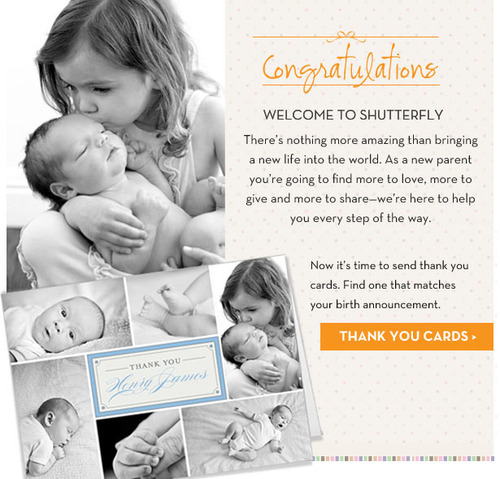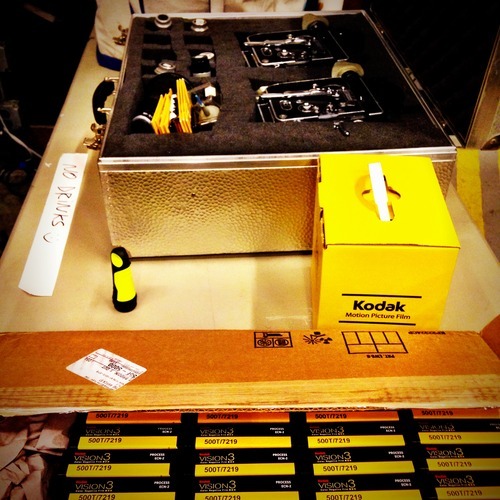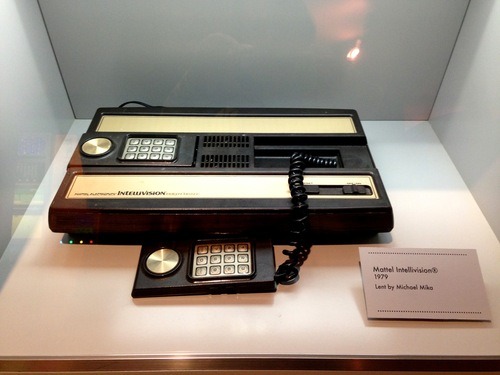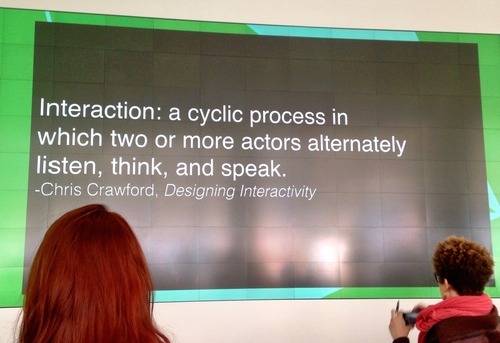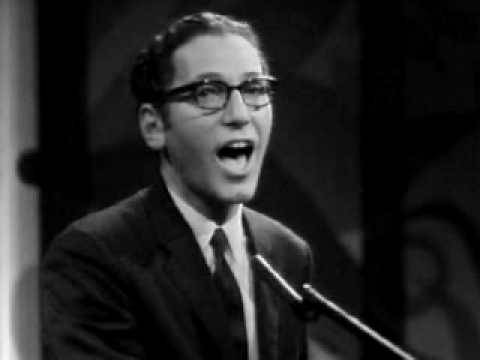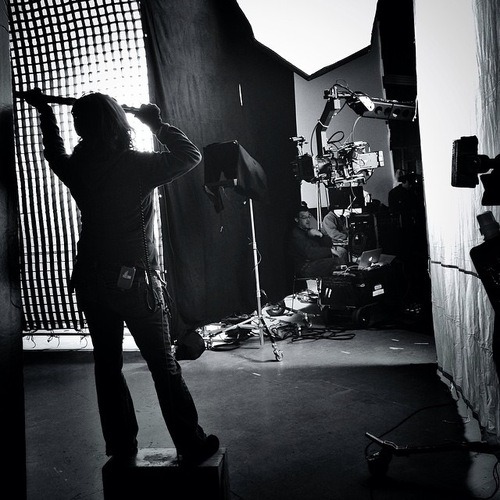
Last month, Snapchat founder Evan Spiegel was unlucky enough to have his own, non-disappearing e-mails from when he was a frat boy at Stanford get published by Valleywag. They were pretty offensive, particularly in the way that they referred to women. Highlights include references to “sororisluts,” jokes about peeing on passed-out chicks while trying to have sex with them, and a suggestion to his frat brothers to “give yourself a pat on the back or have some girl put your large kappa sigma dick down her throat,” but for full effect you should just read them for yourself in all their obnoxious, female-degrading glory. Nothing unexpected if you ever had contact with the Stanford fraternity system, or any fraternity system I’d imagine, but still rather disturbing considering what decade/century it is.
There was, however, one positive outcome of the whole business (and I’m not talking about Spiegel having to say he was “mortified and embarrassed” and that the emails “in no way reflect who I am today” — a whole four years after he wrote them, during which he created the premiere app for fratboys and their ilk to send self-destructing pictures of their junk to others). Stanford University Provost John Etchemendy wrote a very thoughtful response, essentially saying that not only was it disturbing that the emails were sent by a member of the Stanford community, but that they were received by many others. Rather than simply ignoring such behavior, he writes, “I am asking that each of us choose the more difficult path whenever we encounter such attitudes. It does not take many strong and vocal objections to communicate what we consider acceptable and what we do not. Members of our community should learn now, not many years from now, how abhorrent those attitudes are, whether real or feigned.”
I love that Etchemendy said it is important for college students to call each other out for being sexist, because nipping such behavior in the gestational/educational bud that is academia would be ideal. Unfortunately, once you’ve graduated from the cushioned and idyllic university environment into the real world, saying something about behavior that you consider wrong becomes much harder, because there are often real consequences, ones that can affect your real life. The thing is — and guys who are getting their boxers/briefs/boxer-briefs in a twist already, wondering, “Does she mean me? Am I doing something the feminazis consider sexist that I don’t know about???”, TAKE NOTE — I’m not talking silliness like the guys who act like their leg deserves half of my seat on the subway, or men who insist on holding doors for me or calling me “Honey,” because that stuff, while it is annoying, is also ignorable and really doesn’t affect my day-to-day. I’m talking about the behavior that is bad enough that it makes you not want to come to work, or go to a bar, or walk down the street, because it makes you afraid or uncomfortable to the degree that it really does alter your life and it make you feel like shit about yourself. Basically, I’m only talking here about situations where the stakes are high.
One of those situations is the workplace. While it rarely happens any more, it used to be pretty common that I was the only woman on set. And especially when you are the sole representative of womanhood that a group of men get to see day in and day out for 12+ hours a day, 5+ days a week for months on end, you will likely be the object of many feelings, which I would sum up as, basically, everyone else’s shit having to do with your gender. This could mean, at least in the independent film world I used to work in when I was starting out, that you would be on the receiving end of a lot of flirting with which you were expected to play along (to the extent that I actually had a female co-worker tell me once that she thought I was gay because I didn’t flirt on set); off-color comments and awkward jokes; your co-workers constantly mansplaining things to you, including how to do your own job; or three different guys — who you may have flirted with or just been friendly to as part of your normal daily routine — either trying to make out with you or asking for your phone number at the wrap party. And after all that intense, sleeplessness- and perhaps alcohol-and-substance-fueled time together, you might be having some feelings too. By the end of one crazy job, I had kissed the producer and slept with a PA because the guy I actually liked was cheating on his girlfriend with the make-up artist. So there are times when your own bad choices can make things more complicated, I’m not going to lie.
But when sexism does cross the line at work, be it into clear harassment or just beyond what you can stand, I think it is important to say something. As I mentioned in an earlier post, on one film that I worked on back in the 90s, I had a Victoria’s Secret catalogue stuck in my face by the director, asking me which lingerie I would wear as the rest of the crew chuckled. I rolled my eyes and said, in a joking tone of voice that was still loud enough for everyone to hear, “Okay, why do you guys think, just because I’m the only woman on set, that you have to ask me this stuff?” The director apologized, and luckily he was cool enough, and I was liked and respected enough on that job, that my livelihood was not at risk; the person in power could handle the criticism, and he and all the other guys took it the way it was intended, as basically, “I will put up with a certain amount of your shit because we are all friends, but there are limits.” That is, everyone except for one person. This crew member was kind of an old school, working-class union guy whose flirting style showed he really didn’t know how to talk to women as adults (his favorite mode of conversation with me was teasing me in a baby-talk voice about how much chocolate I ate). I knew he was just trying to relate, though, so I let it slide. However, after my reaction to the catalogue incident, he said he was uncomfortable, that he didn’t know how to act around me any more. I felt a little bit bad about that because I hadn’t wanted to make anyone uncomfortable, but overall, I felt like that was a worthwhile price to pay for speaking up. Making it clear who I was and how I wanted to be treated had kind of been the point, and the one person out of ten who had taken that the wrong way was someone who, while well-intentioned, was also a guy who kind of needed to adjust his view on those points — and if it made things a little more awkward, so be it.
Because bear in mind, there are also consequences for not saying something. I’ve let some bad work situations that I thought I could “handle” go on long enough to make me miserable and purposefully lousy enough at my job that I deserved to get fired — so it definitely can affect your livelihood. And even in cases where you really can handle it, not saying something might affect other people who can’t. About 13 years ago, I had a landlord who hit on me. It was totally unexpected — after fixing a window in my apartment, he tried to kiss me. I pushed him away and said that that wasn’t what I’d meant by “Thank you,” and he left. He never tried anything again and I didn’t report it to anyone. Partly this was because he was a short, fat, older man and I was pretty sure I could take him, partly it was because the guy I was dating moved in with me soon after that so I never had to be alone with the landlord again, and partly it was that I was smart enough that I knew he was the one who’d be in trouble if he tried to somehow make my housing contingent on anything other than my paying rent. But it was also true that I was renting this little two-bedroom apartment in Park Slope for less than $800, an insanely good deal, and I didn’t want to rock the boat. I didn’t think much about it until, five or six years later, long after I’d moved out, I got a call from an Assistant Attorney General in the New York State Civil Rights Bureau. Apparently, I had been far from the only one this landlord had harassed. While the AAG told me I shouldn’t feel bad about not reporting the incident, since I was talking about it now and helping to prosecute him, I still couldn’t help but feel guilty about how, because I’d let his behavior go, these other women had had to go through what I went through, or maybe worse — maybe he’d tried something more with them, maybe they had been more scared of saying “no.” If I had said something at the time instead of only considering myself and how it wasn’t a big deal to me, maybe that wouldn’t have happened.
Think about that: how every time you don’t call someone out for their sexist shit, it radiates outward — not only because that one person can do the same sexist shit to other women, but because their behavior is also seen by other men as acceptable. I recently posted to Facebook a Bitch magazine opinion piece about its author’s problems with Pharrell Williams, including how he’s demonstrated his sexism and misogyny in the writing, and subsequent defending, of Robin Thicke’s single “Blurred Lines.” One friend found a link in the comments on the Bitch piece to a video from a series called “ARTST TLK w/Pharrell Williams” where Williams interviews other musicians and artists — and in each one, a naked woman walks through at some point to serve everyone refreshments. Apparently, Williams says this is intended to provide a “unexpected flash of beauty.” WHAAA??? Seriously? I mean, the fact that he came up with this isn’t surprising given his track record when it comes to the music and videos he’s put out there, and how he’s tried to respond to being called sexist by basically being more sexist while claiming that he’s just “supporting women” (see here, here and here). He’s only the latest in a long line of male pop, hip-hop and rock stars who don’t get it, whatever. No, to me, what’s so awful about these videos is that nobody else involved in the making of a whole series of them thought to point out how fucked up this was. There had to have been at least a cameraperson, sound person, lighting person, grip (because there are camera moves, indicating they at least had a slide-and-glide if not a dolly), in addition to whatever producers and PMs there may have been, and then in post there was at least one editor and sound editor, and all of the people at the Reserve Channel on YouTube, whatever that is and whoever they are. I mean, were there any women involved? The one woman who got interviewed in one of these videos is a singer named Leah La Belle, a former pre-teen Miss America runner up and American Idol semi-finalist who is signed to Pharrell’s label — so its no surprise that, while the naked woman makes her look a bit uncomfortable, she only responds to it by saying, “That was nice.” Could at least the press call out the sexism there when they saw it? Apparently not. Articles about these videos just describe the naked women as “odd” and perhaps a symptom of “off-kilter taste,” or “juvenile,” or a symptom of what makes Pharrell a “less than gracious” host. Even Priscilla Frank of the Huffington Post just calls it a “questionable prank.“ Really female writer at Huff Post, that’s all you have to say about the unnecessary naked woman? Really?
What hurts the most with cases like this is, I don’t know, I guess I thought that perhaps we had finally evolved. Sure, we’re having political battles over birth control and abortion; we’re having endless discussions in the press over Jill Abramson’s dismissal from the New York Times and about how Hilary Clinton is treated differently as a candidate because she’s a woman; we’re talking and hand-wringing about “rape culture” and how colleges are failing on sexual assault. But I’d thought maybe these were all good signs, because we’re actually finally talking about women’s rights issues and sexism and harassment, a lot. Even the horrible online trolling you see on Twitter and Reddit, threatening women with rape and violence for speaking their minds, or sometimes just for speaking, I thought showed us misogynists acting threatening out of feeling threatened — because they know their days are numbered. But then, when something like this video shows up, it reminds me that we’re still living in an era when all these people can still see blatant sexism and say nothing. And then I think maybe it’s the other way around: the big wrongs of policy, public and private, still happen because we let too many of the “little” things go. I saw an article about a study that showed judges with daughters are more likely to rule in favor of women. Well, Justice Anthony Kennedy has a daughter — who actually went to Stanford — and that didn’t help him rule in favor of women two days ago in the Hobby Lobby case. But, maybe she’s the type of woman who never says anything.
No, one person can’t change the world, but the world will definitely not change if nobody speaks up. You don’t have to be a jerk about it; sometimes, people really and truly don’t get that they’re being sexist — even when it seems as obvious as a naked woman in front of your face. But you also can’t just let it all slide. Sometimes, like John Etchemendy said, you have to be the one who calls people on their shit, because if you don’t, who will?



